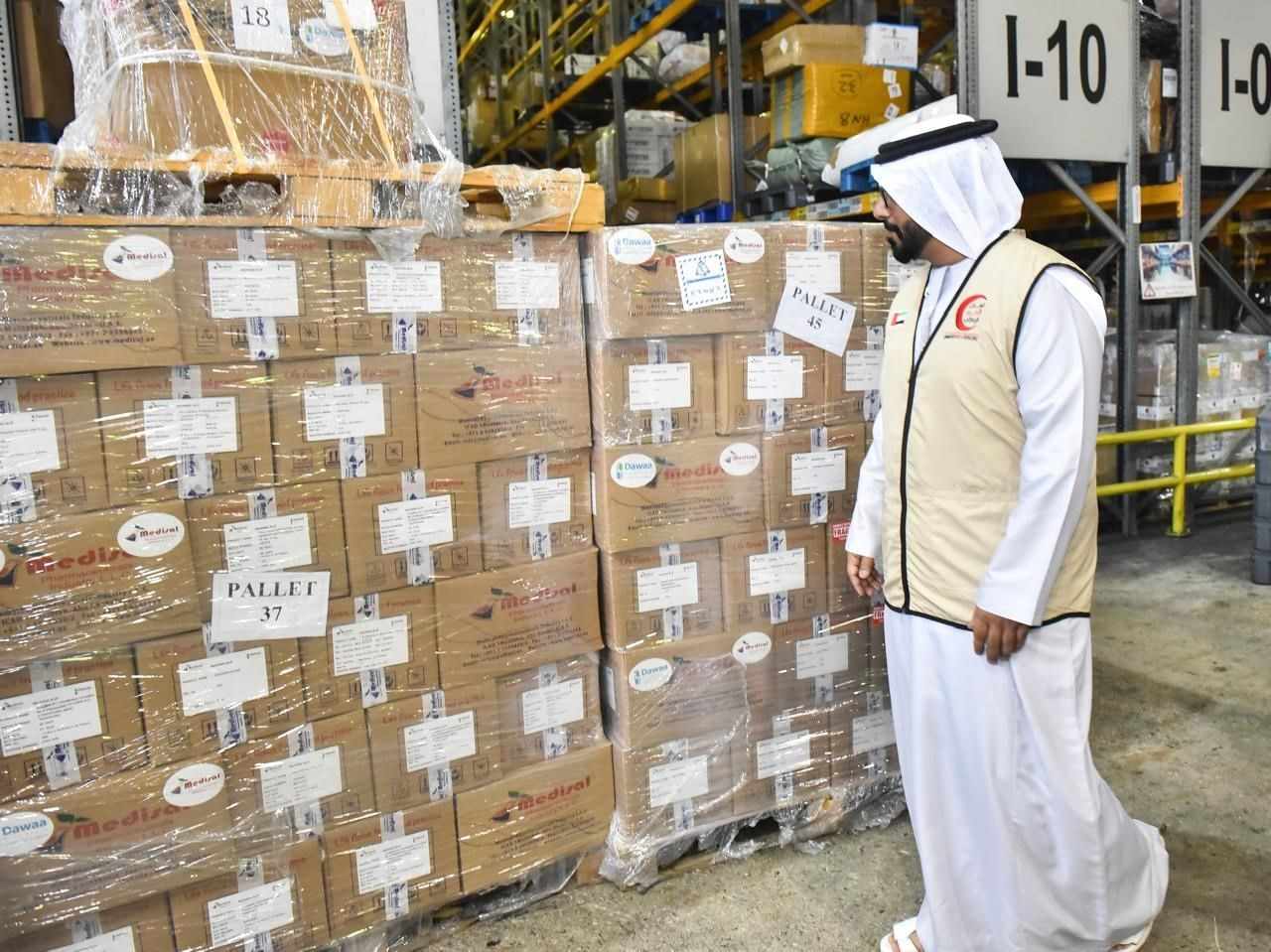UNDP launches report on “The Increasing Role and Importance of Remittances in Lebanon”
- Date: 08-Jun-2023
- Source: National News Agency - Lebanon
- Sector:Financial Services
- Country:Lebanon
UNDP launches report on “The Increasing Role and Importance of Remittances in Lebanon”
NNA -nbsp;The United Nations Development Programme (UNDP) has launched a comprehensive report on quot;The Increasing Role and Importance of Remittances in Lebanonquot; in a press conference held earlier today at UNDP offices in Beirut.nbsp;The reportnbsp;shedsnbsp;light on thenbsp;flow of remittances,nbsp;their origins,nbsp;andnbsp;their use by recipient householdsnbsp;over the past decade. Itnbsp;alsonbsp;examinesnbsp;the macro and micro determinants ofnbsp;these flows andnbsp;theirnbsp;evolvingnbsp;role amid the current financial crisis.
In 2022, Lebanon#39;s remittancesnbsp;stood atnbsp;37.8%nbsp;of GDP,nbsp;which representsnbsp;the highest ratio in the MENA region.nbsp;In absolute value,nbsp;Lebanonnbsp;isnbsp;ranked asnbsp;the third highest recipient of remittances withinnbsp;thenbsp;region,nbsp;afternbsp;Morocco and Egypt.nbsp;In contrast,nbsp;thenbsp;averagenbsp;cost of sendingnbsp;remittancesnbsp;tonbsp;Lebanon is one of the highestnbsp;in thenbsp;worldnbsp;standingnbsp;at 11%,nbsp;whichnbsp;isnbsp;significantly higher than the global average of 6%, and exceedingnbsp;the average reported innbsp;other countries in the region.
The reportnbsp;alsonbsp;exploresnbsp;the changing role of remittances before and after the 2019nbsp;economic andnbsp;financialnbsp;crisis.nbsp;Beforenbsp;thenbsp;crisis, remittances were usednbsp;by householdsnbsp;tonbsp;investnbsp;innbsp;buildingnbsp;human capital, such as health and education.nbsp;Following the outbreak of the crisis, the role of remittances has changed. They are now primarily used to meet the basic and survival needs of recipient households. These needs include food, rent, and electricity bills.nbsp;Today,nbsp;remittancesnbsp;in Lebanonnbsp;serve as a social safety net for these households.nbsp;In the absence of a well-developdnbsp;and inclusive social protection system,nbsp;remittancesnbsp;are used tonbsp;comepensate,nbsp;in part,nbsp;for thenbsp;losses innbsp;thenbsp;real value of income triggered bynbsp;currency depreciation and rising inflation.nbsp;
Thenbsp;report confirms that thenbsp;steady flow


















